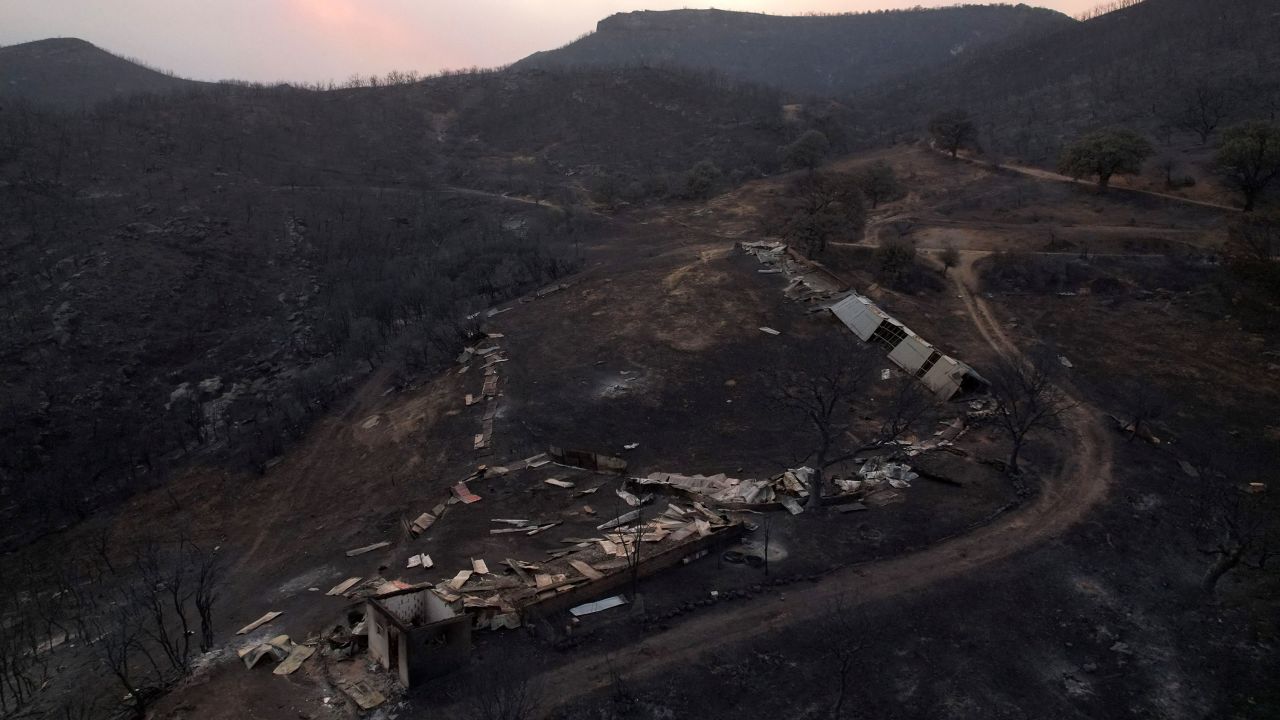Protocol # 1 - "Generally Accepted Statements" Model (Originally Proposed by Bob Armstrong, and currently in use in this group)
The Operation of the Model
a. Revision Situation
Statement on Libertarianism proposed, with Support Reasons; Dilip (A Libertarian) objects that the Statement is slightly "inaccurate" and not Libertarian policy as he understands it. So he proposes a "Revision Challenge" - he puts forward a "Revised Statement", with Reasons. So we now have two competing positions. At this point only 2 CT'ers have publicly come forward.
If other CT'ers now weigh in on each side, we get some view, at least by participants, as to the leaning of the group (We assume in our protocol, that the CT'ers not participating go with the majority....they don't care, they don't know, they are too busy to currently participate, etc. ..... the principle is that if you are part of the group, and don't like something, and don't speak up, the group is entitled to assume that you do agree).
What should the Secretary rule? My protocol is that if the weight of opinion from participation is clear (The proposer on one side; 10 participants opposing & supporting the revision), then this Statement should be rejected and replaced.....the Libertarians in the group have spoken.
What if the weight of opinion is not clear to the Group Secretary when the deadline of one week has passed?.........The Libertarians are fighting among themselves! It seems to me that neither of the competing Statements has been able to muster majority support (sigh). Since our standard that we're trying to achieve with Statements is "generally accepted by the group", the threshold has not been met.
So the decision must then be that the proposed Statement is NOT generally accepted, due to controversy within the group, and the group's, and Secretary's, knowledge that there is also "Controversy Outside the Group. Thus, first, the proposed Challenge must be dismissed (No clear Majority).
What about the Proposed Statement? Our protocol is based on the idea that when a Proposer proposes a Statement, they truly believe it to be generally accepted (Surely they would not put onto our plate a Statement they definitely knew was "Controversial"! After all, our goal is not for one side or the other to "win".....we are looking here for cooperation and agreement (Majority agreement will do; needn't be "unanimous, though that is always nice). It is given the benefit of the doubt due to our trusting our proposers. So even if there is "controversy", we have decided that we will agree, under our protocol, that the Statement IS generally accepted, and will join the list of Libertarian Statements. Of course, a Statement is always open to a "new" Revision Challenge.
b. Opposition Situation
In this case, it is not accuracy of the Statement that is the issue. It is considered an accurate Statement if no Revision Challenge has been launched.
It would also remove the administrative burden of managing challenges and revisions, allowing for a more organic flow of conversation. We could still aim for intellectual rigor and respectful debate, but the emphasis would be on the exchange of ideas rather than agreement.
But some member of the group is apoplectic that the Statement is just simply false, untenable, unworkable, not a correct Statement about the Multi-verse. So their first step is to launch an "Opposition Challenge", with Reasons (Explaining respectfully why the proposer just doesn't understand life, opposing the Statement, and tearing apart the Proposed Statement's Supporting Reasons).
Again, if there is active participation by CT'ers, the Secretary conclusion will be clear as to whether the Challenge should be dismissed.
But if the situation is unclear to the Group Secretary, what does s/he do about the proposed Statement? It has clearly failed to show majority support. We need a principle as to what to do with the proposed Statement. I suggest it should be the same as for the proposed Statement, for which there was a Revision Challenge. The Statement gets the benefit of the doubt, is generally accepted, and joins the list of Statements.
Support Reasons
A general exchange of ideas between participants of a group is very beneficial.
But it generally does not produce anything else concrete because of controversy within the group on various issues.
This Protocol # 1 invites the group a step above and beyond! It asks if, among the debate against other participants, leading to an agreement to disagree, the group can produce something more? Cooperation is proposed........come to what all commonly agree on in generally accepted Statements! This is helpful to all participants, and shows where the real sticking points are. As well, if wanted, a member can share the list of generally accepted Statements they have achieved with others, for their evaluation. It is clear that this protocol does not put forward any insurmountable task - generally accepted Statements abound here now on negative climate change, in my TRN thread on Facebook, in my Democratic Marxist Global Forum on Facebook, and here on CT in the Human Self-Government thread (On government, Libertarianism and now Democratic Marxism)......far from being insurmountable, it is being wildly successful. It is a most valuable tool in a polarized group, and in a polarized society, where all that is happening is that the two sides yell at each other, and neither side listens to the other......both sides just keep yelling, knowing they will never convert over the opposition.
This protocol is based on the belief that people of good faith can have a "conversation", be respectful despite disagreement, and agree on some things both sides believe to be true. AND they can remain friends, and go have a beer together.
The free expression of ideas, as is usual in social media formats, is in no way removed.......put forward your opinions.
It is true, perhaps, that this does alter somewhat the flow of discussion (It has not done that here......lots of opposing views). But if something "concrete" is being produced, along with free discussion, then the inconvenience to the flow of discussion seems acceptable, and worthwhile.
Protocol # 2 - "Free Form Discussion" Protocol (Proposed by Sid Belzberg - Post # 1692 - 23/8/26)
Each participant can express their views fully, sometimes in opposition, without the necessity of trying to reach majority agreement Statements.
Support Reasons
This protocol better allows participants to engage in rich, nuanced conversations about complex issues.This protocol aims for intellectual rigour and respectful debate, with the emphasis on the exchange of ideas (rather than on agreement).
It would also remove the administrative burden of managing challenges and revisions, allowing for a more organic flow of conversation.
It may be an insurmountable challenge to find statements that are truly "generally accepted."
Decision to Be Made by CT'ers
Which Protocol is preferred by you? And why?
Processing
There will be one week for comments (Deadline: Sat., Sept. 2 @ 11:59 PM EDT).
Bob A (As Group Secretary)


 ; some CT'er in this category might let me know if I am right on this point). So, though I agree that the "Controversy" seems to be that the two of us have a few
; some CT'er in this category might let me know if I am right on this point). So, though I agree that the "Controversy" seems to be that the two of us have a few  /many differing opinions and seem often in opposing camps that already exist in society, we do reflect a larger controversial conversation going on in the world. So I don't think we can just simply reduce the issue to our little differing of opinions!
/many differing opinions and seem often in opposing camps that already exist in society, we do reflect a larger controversial conversation going on in the world. So I don't think we can just simply reduce the issue to our little differing of opinions!










 EPA data shows an increasing ratio of daily record high-to-low temperatures in order to indicate rising global temperatures (Source: NOAA/NCEI).
EPA data shows an increasing ratio of daily record high-to-low temperatures in order to indicate rising global temperatures (Source: NOAA/NCEI). This data indicates that heat waves were more severe in the 1930s than today. (Source: EPA).The Scientific ‘Consensus’ for Climate Change
This data indicates that heat waves were more severe in the 1930s than today. (Source: EPA).The Scientific ‘Consensus’ for Climate Change
Leave a comment: